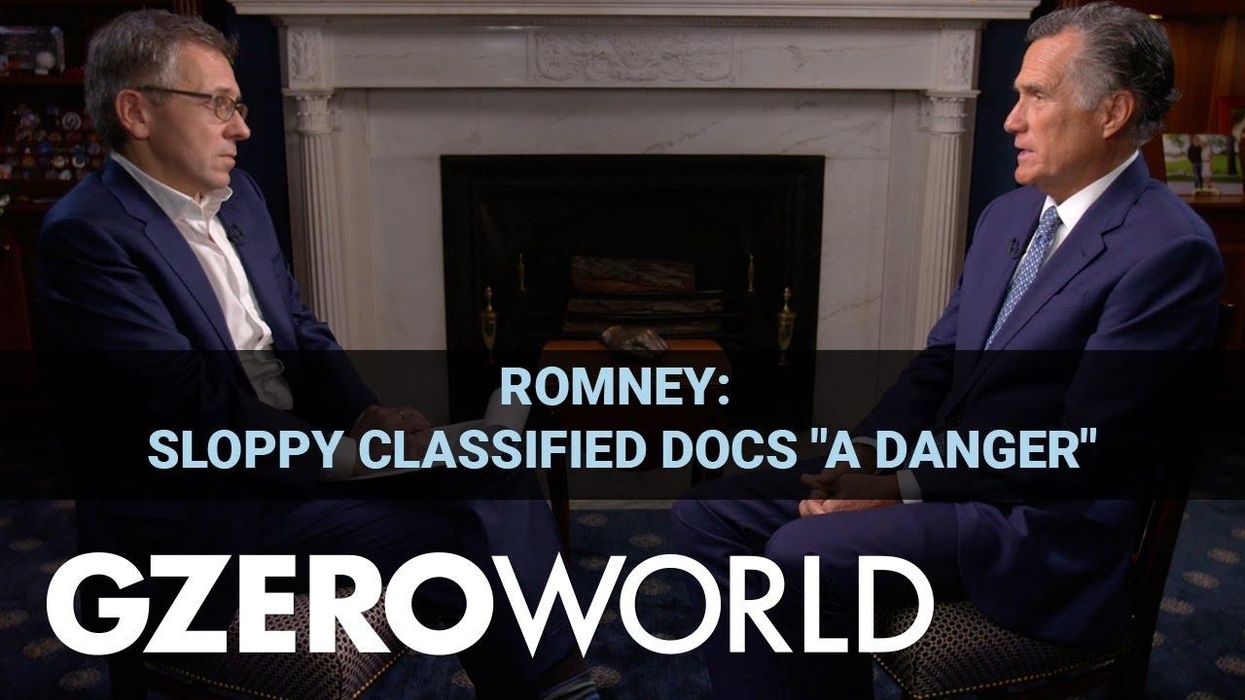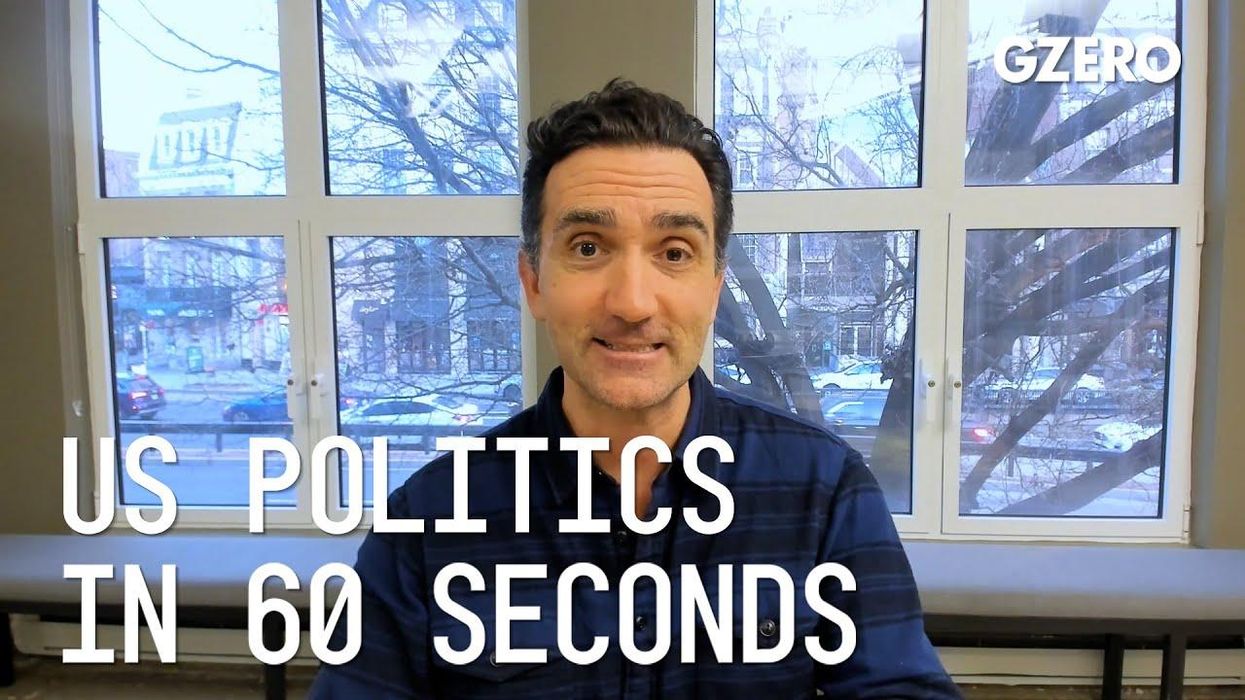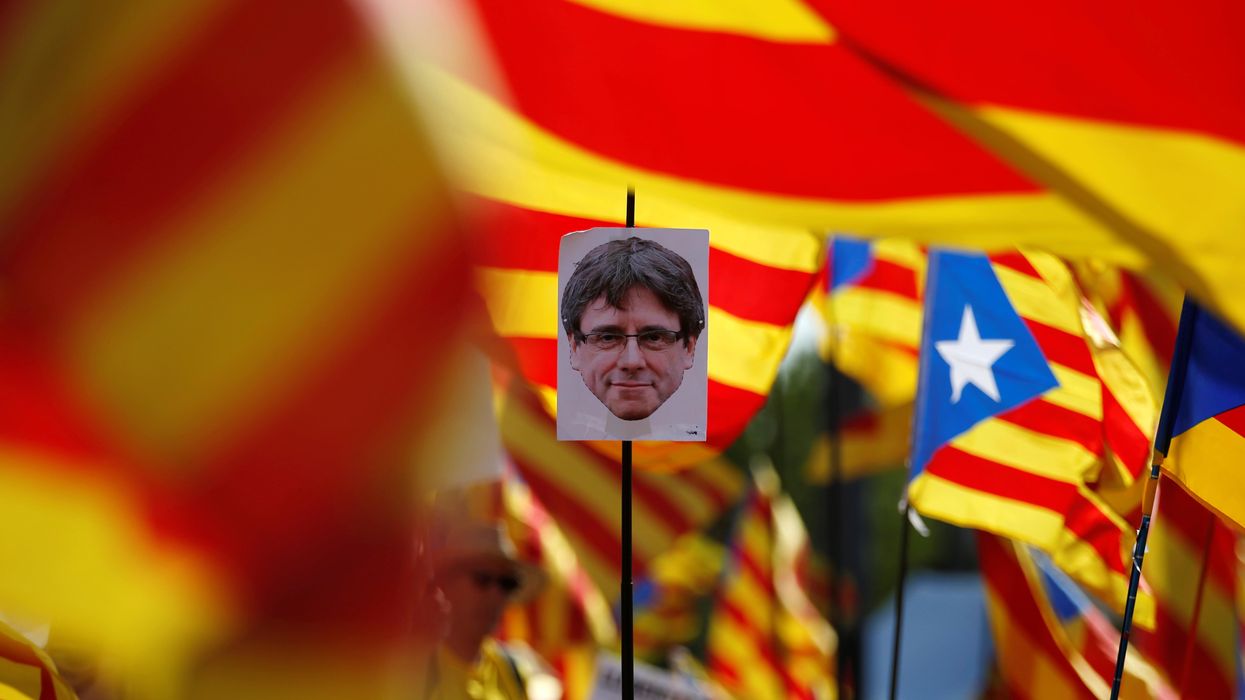GZERO World Clips
Romney: Sloppy classified docs "a danger"
These days, it seems like every government official—and their mother—has some classified documents stored away at the family beach house. Utah Senator Mitt Romney, however, assures Ian Bremmer that he hasn’t purloined any compromised files. “I must admit that the sloppiness, the carelessness that we've seen from this president and from the prior president is really disturbing” Romney tells Bremmer in the latest episode of GZERO World, “and it does not look good on them or on our country, and is frankly, of a danger to our national security.”
Feb 10, 2023



